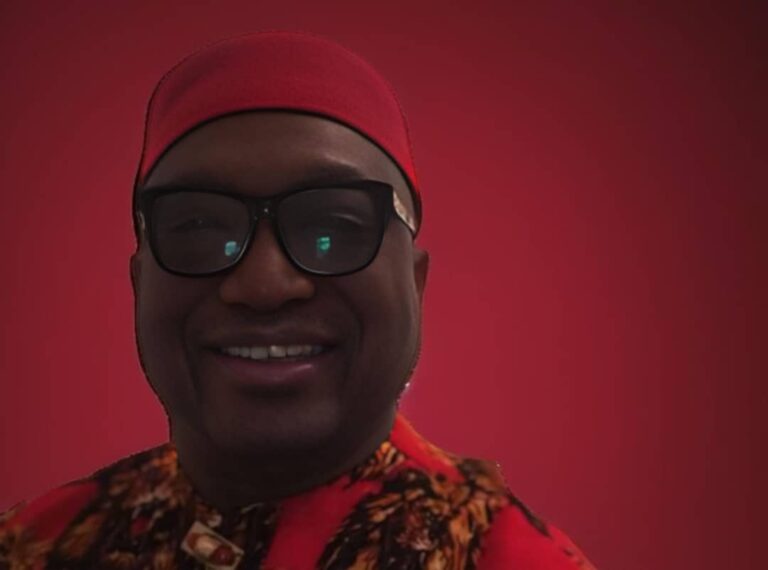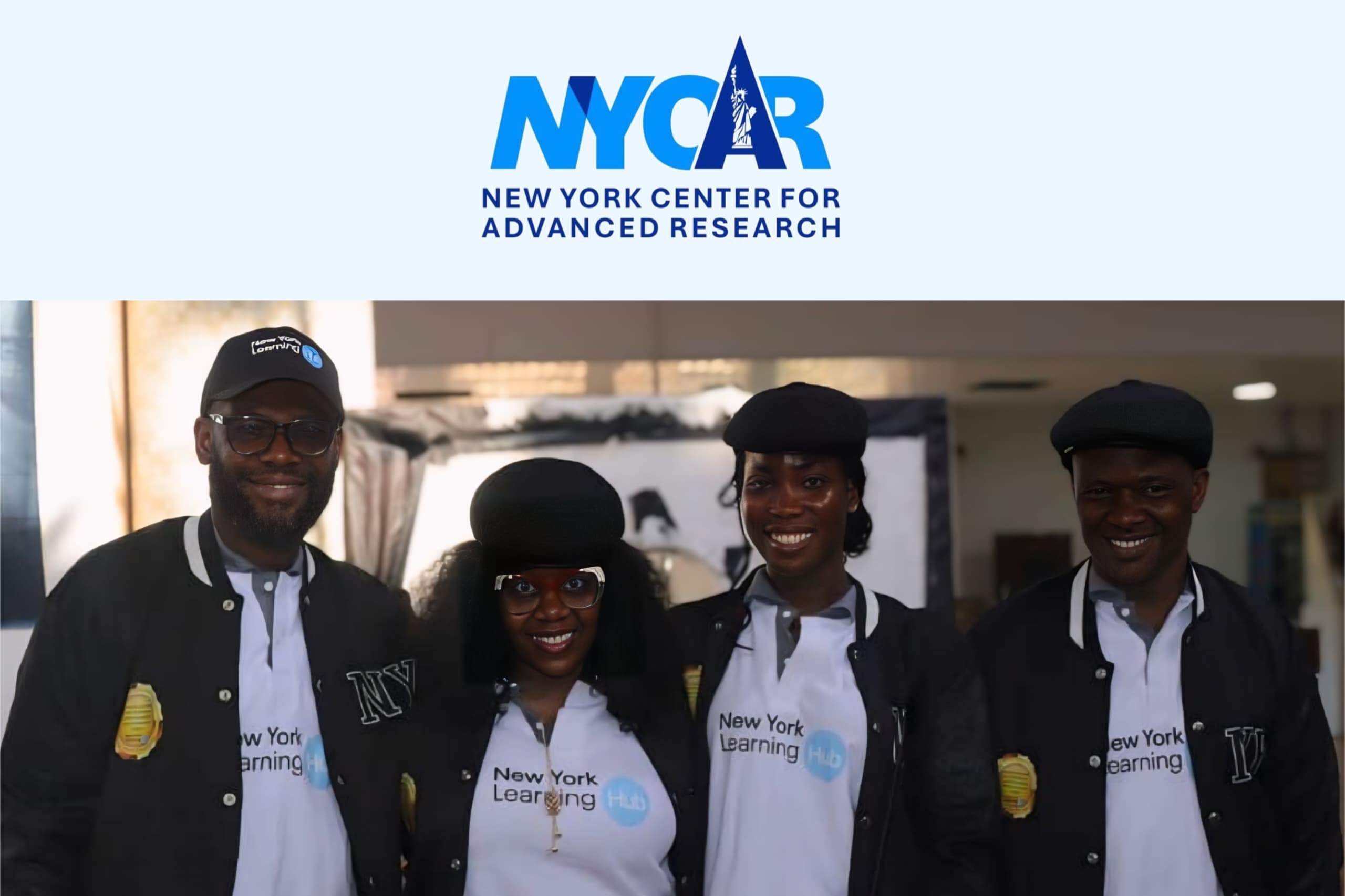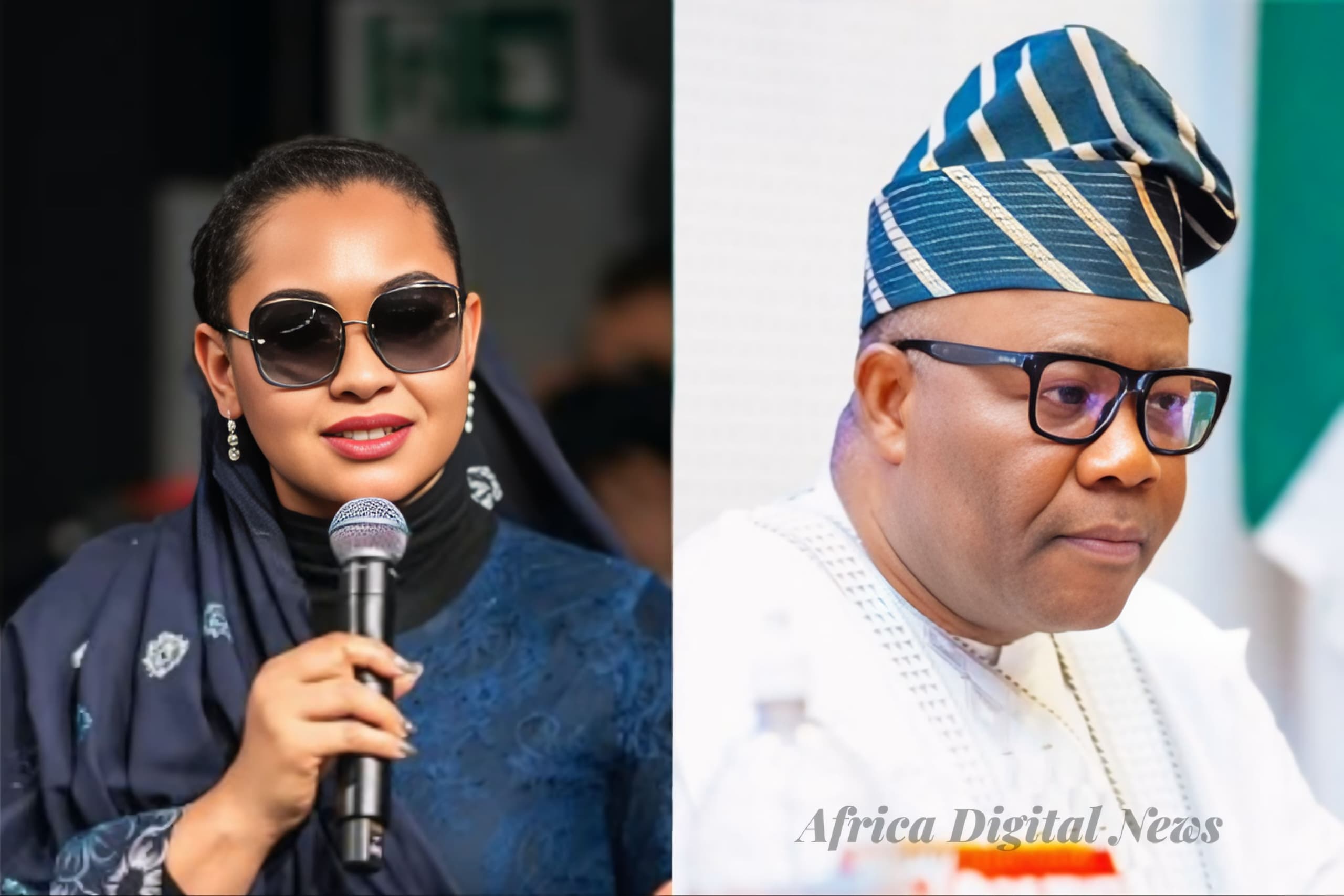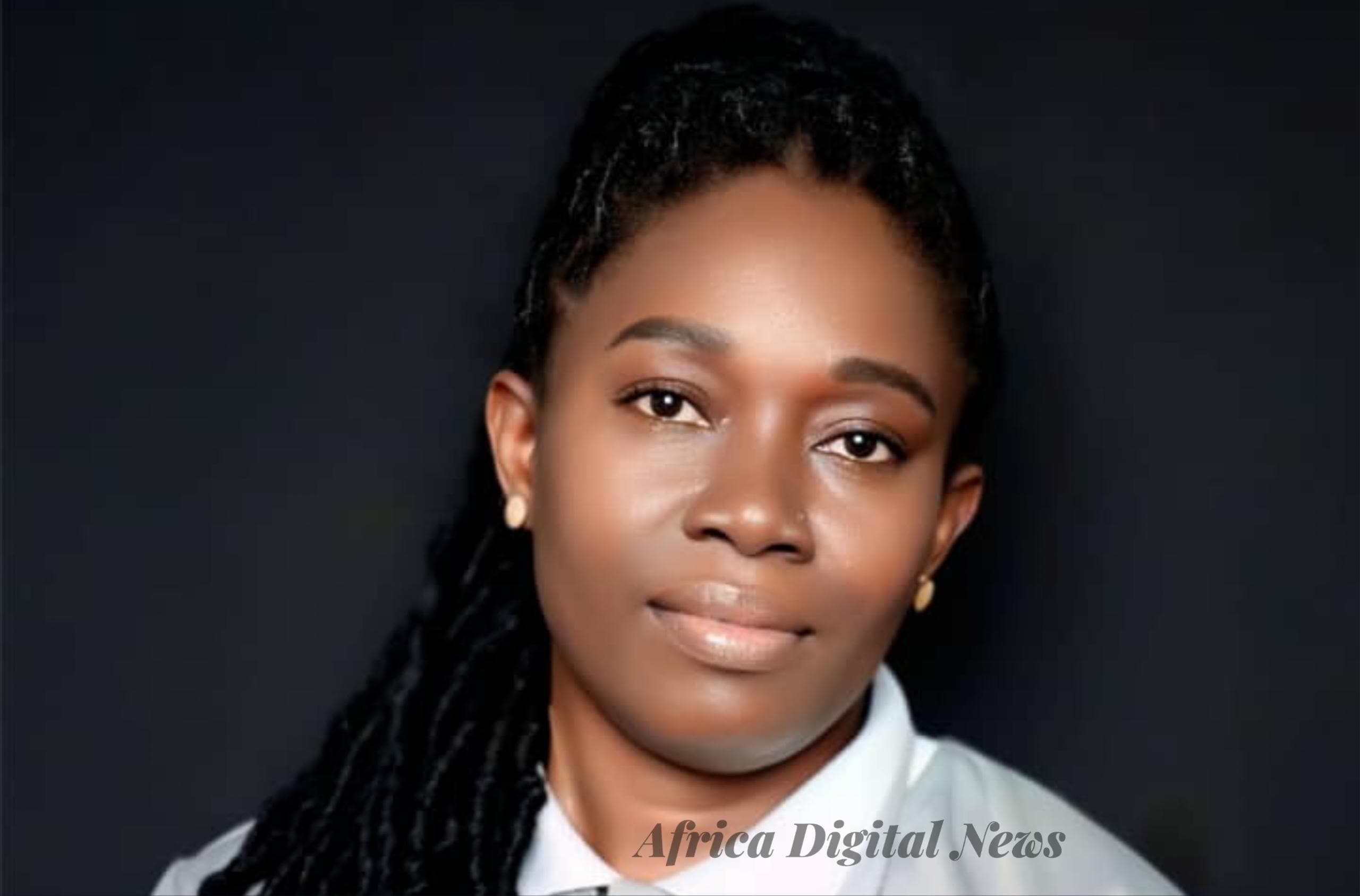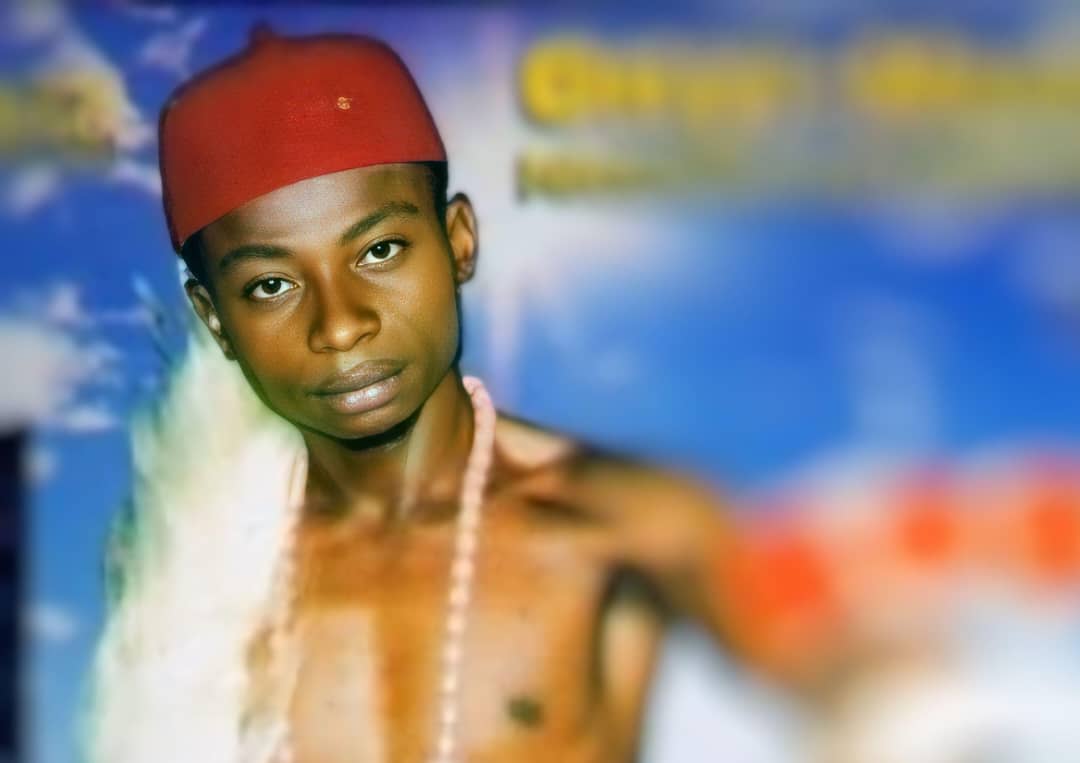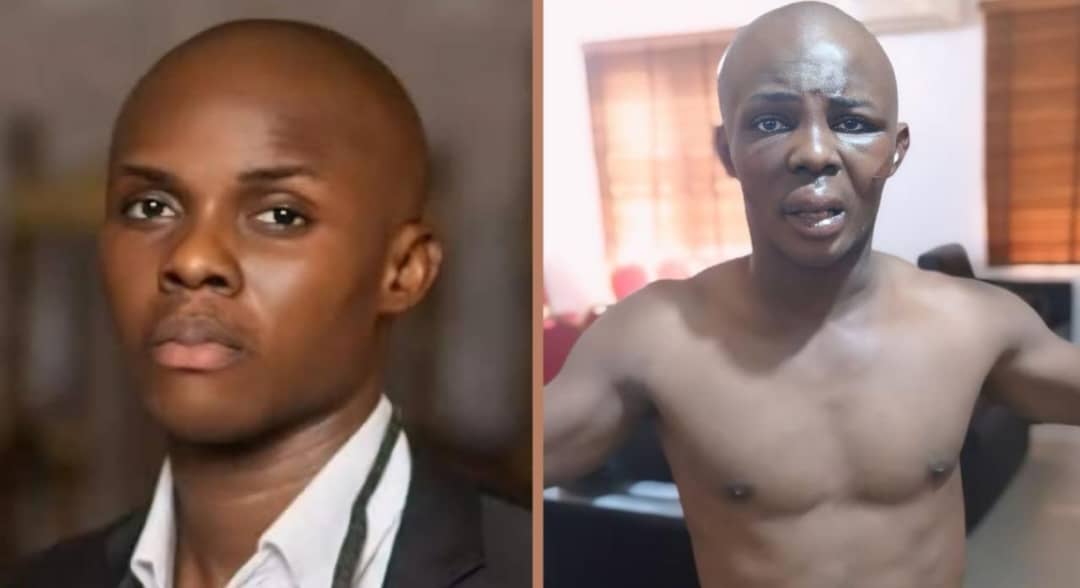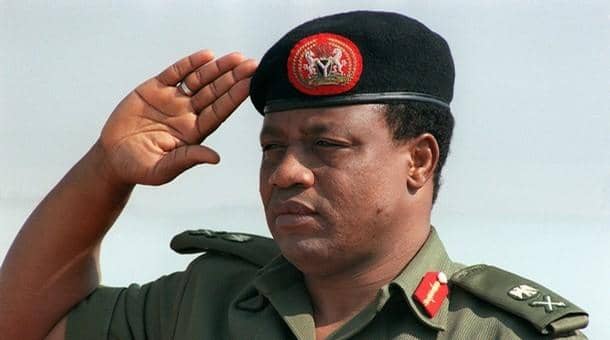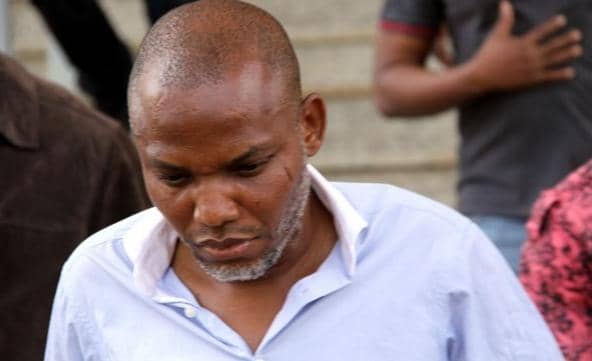In a majestic ceremony that seamlessly blends tradition with contemporary vision, Chief Better Joseph Ekeh Oniniwu, affectionately known as Alaowerri, stands at the nexus of heritage and progress. Recently bestowed with the revered chieftaincy title “Oputu-Obia” by His Royal Majesty, Eze Obi Ejeshi of Emekuku, Chief Ekeh has become a symbol of hope and a champion for fair governance in Imo State. His remarkable career bridges continents, from leading international ventures as Chairman of Adavinn Inn and CEO of Alaowerri Restaurant in London to fervently advocating for his community at home. Now, in an exclusive, no-holds-barred interview with Africa Digital News, New York, Chief Ekeh unveils his vision for Imo State’s future and makes a compelling case for an indigenous Owerri native to lead as governor.
Chief Ekeh’s journey is a testament to personal and professional reinvention. The same visionary who has drawn global investment to Imo State now aims to recalibrate the state’s development policies so that they truly reflect the distinct needs of its diverse geopolitical zones. With Imo State’s robust economic profile—a GDP of $19.02 billion and its status as Nigeria’s fourth-largest economy—the imperative for balanced and inclusive leadership has never been more urgent. Yet beneath these impressive figures lie persistent challenges: youth unemployment, regional disparities, and the pressing need for sustainable growth. For Chief Ekeh, these issues resonate on a deeply personal level and drive his relentless pursuit of equitable progress.
Chief Ekeh has shown the ability to adapt both personally and professionally. After securing global investment for Imo State, he plans to adjust development policies to address the needs of its various regions. Despite having a GDP of $19.02 billion, ranking as Nigeria’s fourth-largest economy, Imo State faces issues such as youth unemployment, regional disparities, and the need for sustainable growth. Chief Ekeh is focused on addressing these challenges and promoting balanced development.
In candid dialogue, Chief Ekeh confronts difficult questions head-on. He eloquently explains how tradition can enrich modern governance, using his chieftaincy honor as a living example of how ancestral wisdom can guide ethical, community-centered leadership. “Tradition is not merely a vestige of the past,” he insists, “it is a dynamic force that shapes and inspires our future.” His advocacy for an Owerri governor is born from the conviction that local leadership is essential for addressing the unique challenges of the region, bringing insights, empathy, and tailored solutions that are grounded in lived experience.
Throughout the interview, Chief Ekeh offers incisive perspectives that cut through political rhetoric. He outlines his support for the Imo Charter of Equity, a bold initiative designed to ensure rotational governance among the state’s three geopolitical zones—Owerri, Okigwe, and Orlu. His vision is a system where every zone contributes to and benefits from shared development, fostering an environment in which local voices are both respected and empowered.
This conversation, rich with thoughtful inquiry and honest reflection, lays bare Chief Ekeh’s steadfast commitment to integrity, resilience, and inclusive progress. Africa Digital News, New York presents an exploration of a man’s journey that transforms policy and impacts lives with visionary ideas.
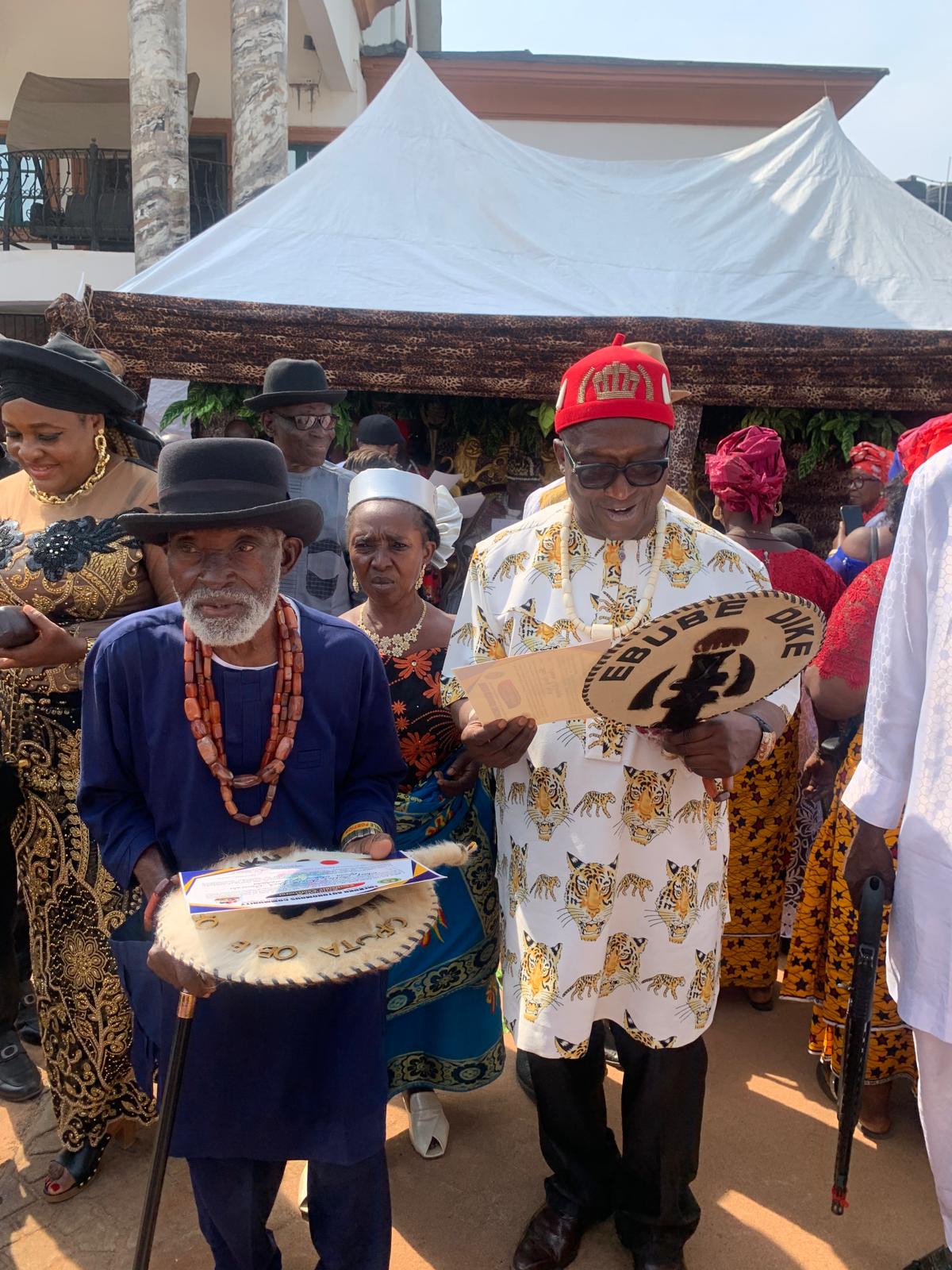
Here is the full transcript of the interview:
Chief Ekeh, you were recently honored with the esteemed title “Oputu-Obia” by His Royal Majesty, Eze Obi Ejeshi. How does this traditional recognition influence your approach to modern governance and your vision for a more equitable Imo State?
Thank you for that question. Receiving the title “Oputu-Obia” is a profound honor that connects me to the deep-rooted wisdom of our ancestors. It reminds me that leadership is not solely about modern strategies and policies, it’s also about preserving our cultural heritage and upholding the values that have sustained our people through generations. This traditional recognition compels me to approach governance with humility and a genuine commitment to our community’s well-being. It inspires me to merge time-tested principles with innovative solutions, ensuring that our developmental policies are not only progressive but also deeply anchored in the rich legacy of Emekuku. In summary, it requires leaders who possess both compassion and intelligence to guarantee a fair future for all residents of Imo State.
Your success as Chairman of Adavinn Inn and CEO of Alaowerri Restaurant in London is well documented. How do you translate your international business acumen into actionable strategies that can reshape political leadership in Imo State?
My experience in international business has taught me that success comes from understanding the nuances of both global markets and local communities. At Adavinn Inn and Alaowerri Restaurant, I learned to blend strategic foresight with a deep sensitivity to the needs of people—skills that are equally vital in political leadership. In Imo State, successful governance starts with understanding the aspirations and difficulties of the citizens. I utilize my business expertise to develop creative and culturally appropriate strategies. By integrating best practices from the global arena with local insights, I aim to create policies that not only stimulate economic growth but also uplift the lives of every individual in our community. By demonstrating empathy and excellence, I seek to transform leadership in Imo State through collaboration with any Owerri native who becomes governor.
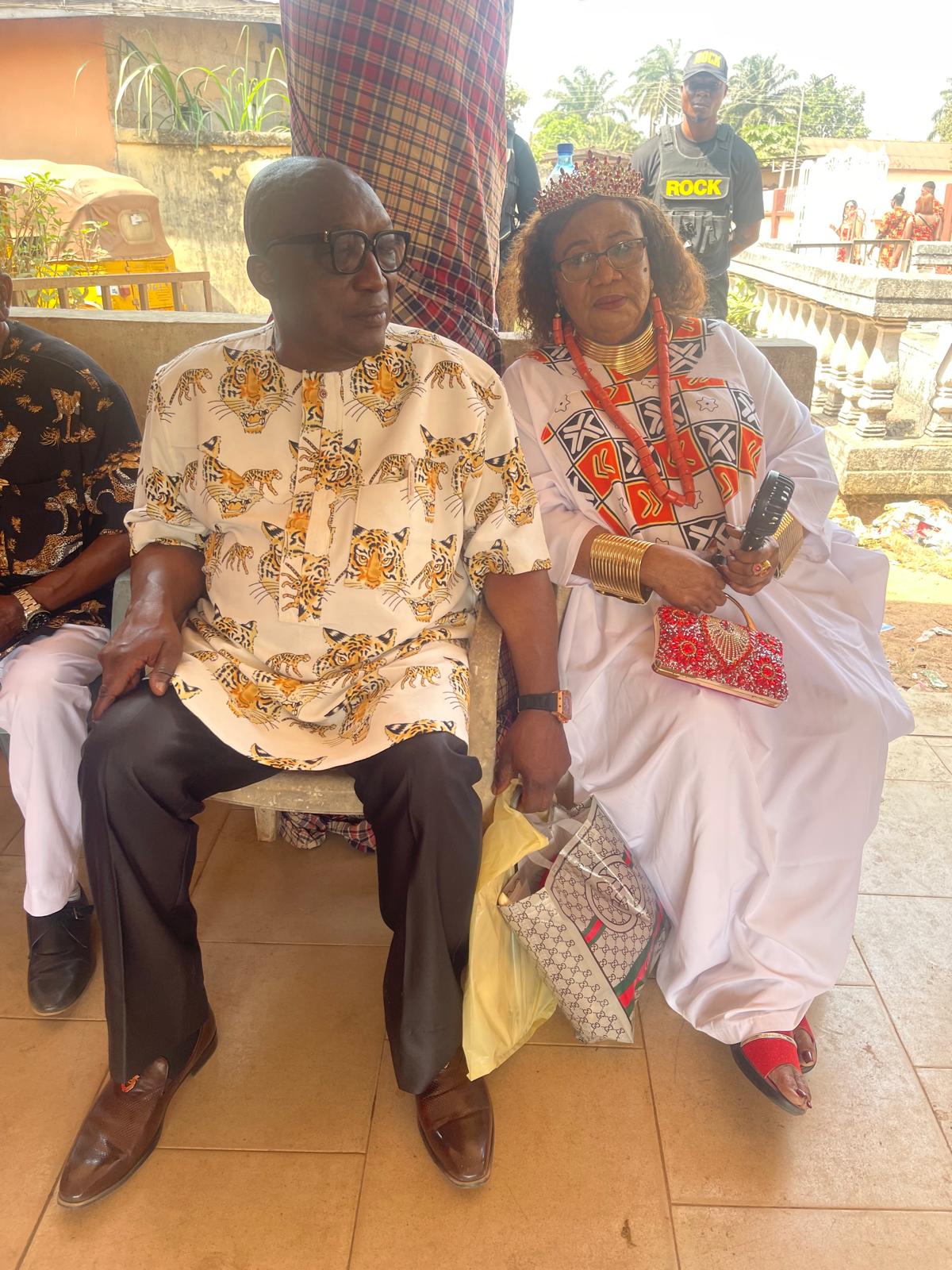
You ardently advocate for an Owerri native to assume the governorship. In your view, what unique challenges faced by the Owerri zone demand indigenous leadership, and how would this improve governance and development for the region?
The unique challenges in Owerri are deeply intertwined with its local culture and social fabric. Our community here faces specific issues, like infrastructural strain, youth disenfranchisement, and uneven resource distribution that are best understood by someone who truly lives these realities. An indigenous leader from Owerri inherently carries the lived experiences, cultural insights, and personal commitment needed to address these challenges with authenticity and sensitivity.
By having a leader who is rooted in Owerri, we can expect governance that is not only responsive but also proactive in crafting solutions tailored to the local context. Such leadership would prioritize community-driven initiatives, foster sustainable development, and leverage local knowledge to stimulate both economic growth and social unity. This approach transforms governance from a distant bureaucratic exercise into a relatable, human-centered process that resonates with the aspirations of every resident. In short, having an Owerri native as governor means more than political representation, it signals a promise of empathetic, inclusive, and visionary leadership that will bridge the gap between traditional values and modern governance for the benefit of the entire region.
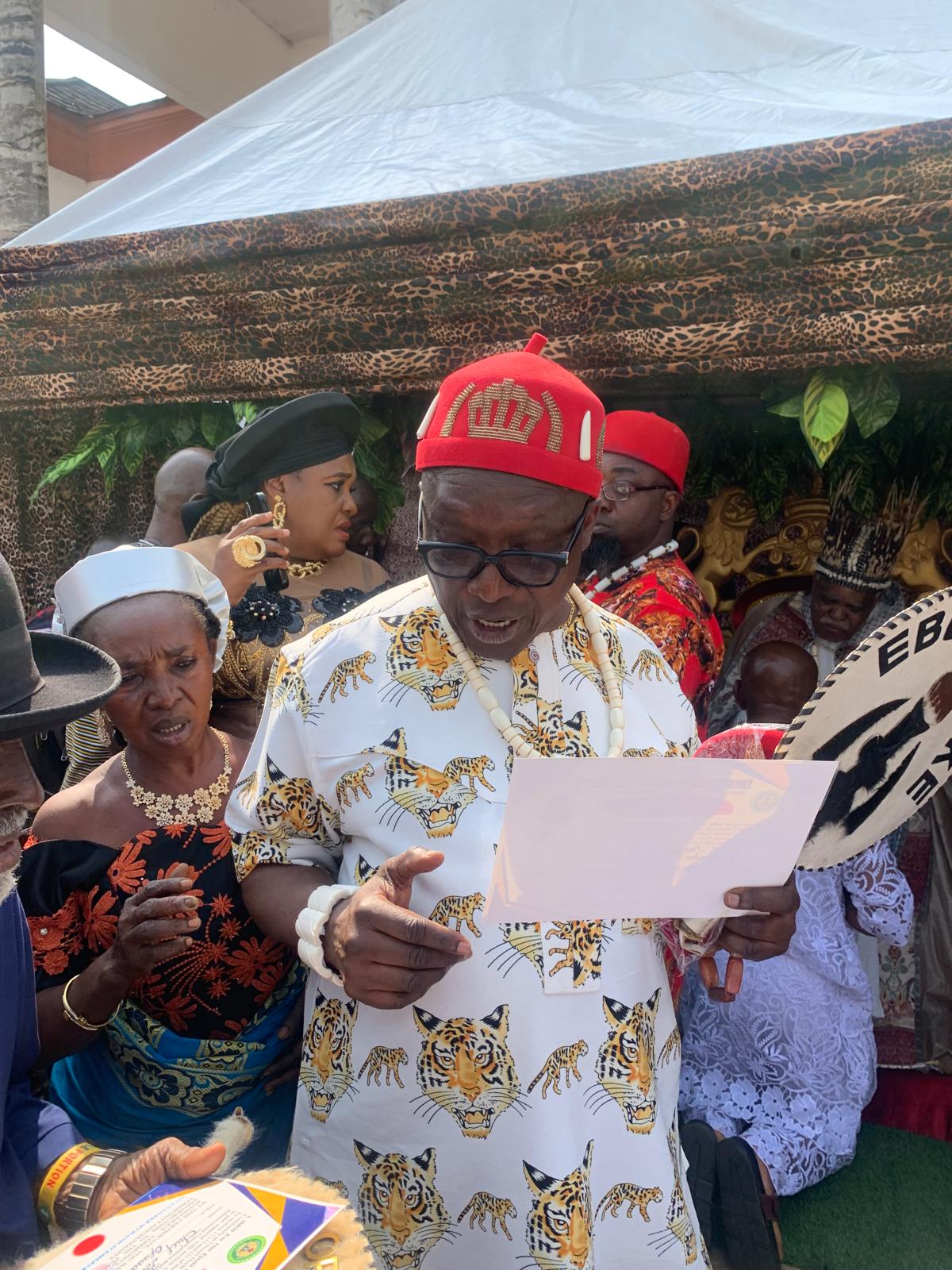
Imo State boasts a robust economy, with a GDP of $19.02 billion and a ranking as Nigeria’s fourth-largest economy. Yet, issues like high youth unemployment persist. How do you plan to harness this economic strength to create sustainable job opportunities and growth for the youth?
Imo State’s robust $19.02 billion economy is a clear indicator of its vast potential, yet youth unemployment remains a critical challenge, with recent figures from Nigeria’s National Bureau of Statistics showing rates of around 28–30% among those aged 18–35. My strategy focuses on converting our economic strength into real opportunities by channeling investments into targeted skills development and entrepreneurial initiatives. For instance, studies in similar economies have demonstrated that vocational training can boost employment by up to 20%, and structured startup ecosystems can reduce youth unemployment by an additional 15%.
By forging partnerships with both local and international enterprises, we plan to develop tailored training programs that equip our young people with the marketable, future-ready skills necessary for today’s dynamic job market. I also envision launching innovation hubs and mentorship platforms designed to empower youth as job creators rather than just job seekers. These initiatives will provide access to seed funding, micro-loans, and business incubators, proven tools that have helped other regions transform latent talent into thriving enterprises.
My approach is not merely about increasing job numbers; it’s about fostering a culture of entrepreneurship and sustainable development. By nurturing an environment where innovation and practical skills training go hand in hand, we can unlock the full potential of our youth and ensure that economic growth becomes a shared journey toward a prosperous future for all citizens of Imo State.
Read also: Charting A New Course: Chief Ekeh’s Vision For Imo’s Future
The Imo Charter of Equity introduces a model of rotational governance from Orlu to Owerri. What specific measures do you believe are necessary to ensure that this rotation translates into meaningful development rather than being merely a symbolic gesture?
To ensure that rotational governance under the Imo Charter of Equity delivers real, measurable progress rather than serving as a symbolic gesture, we must implement several concrete measures. First, we need a robust, clear policy framework that outlines specific, quantifiable developmental benchmarks for each administration. This framework should include targets for economic growth, infrastructure development, and social welfare programs that every leader is accountable for, regardless of their term.
Second, establishing an independent oversight committee to monitor progress and enforce accountability is essential. This body would regularly evaluate performance against the set benchmarks and provide transparent reports to the public.
Third, it is critical to build capacity among incoming leaders through comprehensive training and mentorship programs, ensuring they are fully prepared to manage the complexities of governance from day one. Additionally, creating cross-zone advisory councils would foster collaboration among the geopolitical zones—Owerri, Okigwe, and Orlu—ensuring a seamless transfer of institutional knowledge and best practices.
These measures, combined with regular performance evaluations and citizen engagement, will transform rotational governance into a dynamic engine for sustainable, equitable development in Imo State.
Critics argue that political rotation might disrupt continuity in policy-making. How do you respond to these concerns and what safeguards would you implement to maintain stability and consistent progress during such transitions?
Political rotation, when executed thoughtfully, does not inherently disrupt policy continuity but rather rejuvenates it. Critics worry that rotating leadership might lead to frequent changes in policy direction, yet I believe that such a system, if designed with robust institutional safeguards, can ensure stability. One key safeguard is the development of a comprehensive policy framework that transcends individual tenures. This framework would enshrine core developmental goals and principles—such as sustainable economic growth, equitable resource distribution, and youth empowerment assuring that each successive leader adheres to a consistent long-term vision.
Moreover, the formation of advisory councils composed of experienced professionals from diverse sectors can ensure continuity during transitions. These councils would serve as guardians of institutional knowledge, providing guidance to new leadership and ensuring sustained progress irrespective of administrative changes. Additionally, clear performance metrics and accountability mechanisms will be put in place. This will enable stakeholders to monitor progress and make informed decisions, reducing the likelihood of disruptions.
Political rotation, when managed with foresight and a deep commitment to shared objectives, has the potential to inject fresh ideas into governance without sacrificing stability. It offers an opportunity for diverse perspectives to shape policies and address the multifaceted challenges we face in Imo State. Realistically, this system is designed not as a radical departure from continuity, but as a means to harness new energy while preserving the essential elements of our development agenda.
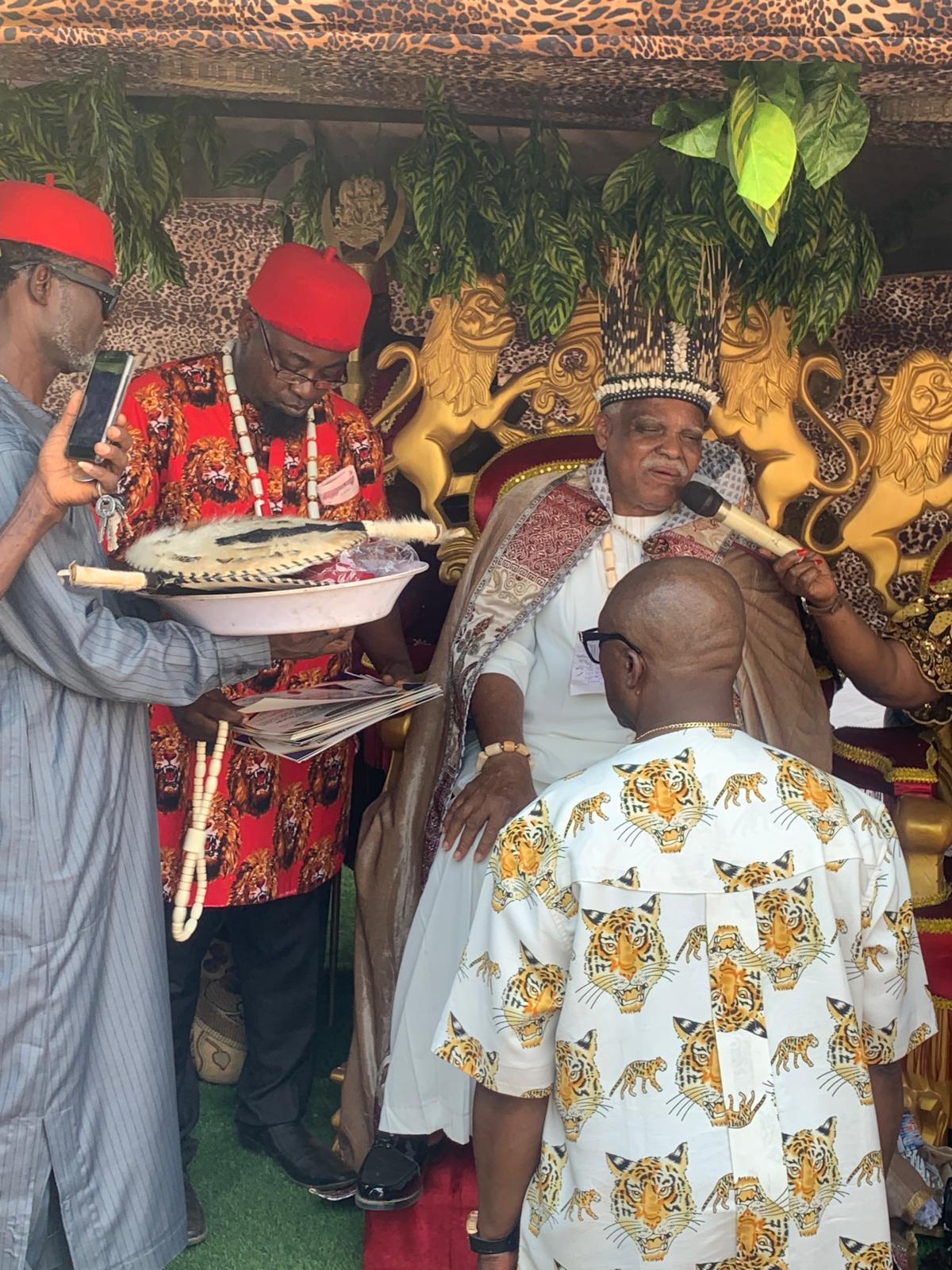
Looking to the future, if an Owerri native were to be elected governor, what concrete steps would you take—drawing from both your business experience and traditional leadership values—to foster a system of governance that is both inclusive and geared toward comprehensive development for all geopolitical zones in Imo State?
If an Owerri native assumes the governorship, my approach would be to implement a governance model that is both inclusive and geared toward comprehensive development across all our geopolitical zones. First and foremost, I would establish a multi-stakeholder advisory council—drawing members from Owerri, Okigwe, and Orlu—to ensure that every decision reflects the diverse needs and aspirations of our people. This council would act as a bridge between the government and local communities, ensuring that policies are not developed in isolation but are rooted in the lived realities of our citizens.
Leveraging my international business experience, I would drive initiatives that foster public-private partnerships to stimulate local economic growth. This means creating innovation hubs and entrepreneurial incubators, particularly in regions where youth unemployment is most acute. By channeling investments into skills development and technology-driven projects, we can transform challenges into opportunities. I envision launching programs that provide micro-loans and mentorship for local startups, thereby empowering our youth to become job creators.
At the same time, my commitment to traditional leadership values will ensure that cultural heritage and community cohesion remain at the forefront. I would work closely with traditional rulers and community leaders to craft policies that honor our customs while embracing modern governance practices. This dual approach will help build a resilient, participatory framework where every zone not only contributes to but also benefits from our state’s development agenda.
By fostering transparency, accountability, and mutual respect, we can establish an effective governance model that serves the best interests of all residents of Imo State.
Thank you, Chief Ekeh, for joining us today and for your candid, insightful responses. Your vision for Imo State and your commitment to ensuring that every citizen’s voice is heard truly inspire us all. Before we wrap up, could you please share your final thoughts with our audience?
Thank you for having me. As we look to the future, I firmly believe that genuine leadership must bridge our cherished traditions with innovative strategies that meet today’s challenges. My hope is that by nurturing local talent, fostering inclusive dialogue, and upholding the values that define our community, we can create a governance model that serves every corner of Imo State. I remain committed to advancing equitable development and empowering our people, because when each individual is given the opportunity to thrive, our state as a whole rises. Together, let’s build a future defined by progress, justice, and unity.

